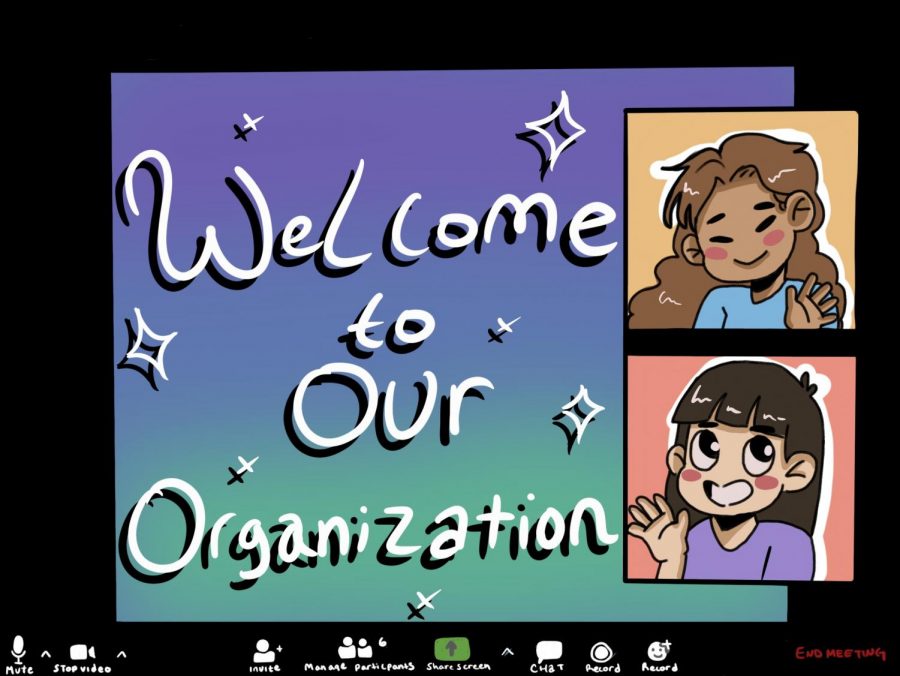UT-Austin student organizations struggle to fill leadership positions, recruit members
May 7, 2021
While UT is planning for a “near normal” fall semester, student organizations have had trouble during the past year filling leadership positions and keeping membership numbers and engagement high.
Josh Villanos, 2021-2022 Texas Transfer Students president, said the other five executive board members and the vice president are either graduating or stepping down because the COVID-19 pandemic burned them out.
“Had me and my incoming vice president not stayed, we would just not have an executive board,” said Villanos, a psychology and human dimensions of organizations sophomore. “I’m sure we would have figured something out, but the org would have dissolved.”
Villanos, 2020-2021 Little Cause-Players social media director, said the organization had problems recruiting because it is a service organization that uses cosplay and visits kids and families facing pediatric illness. Since the organization is mostly focused on in-person service, it was difficult to recruit new members, he said.
“It’s a lot easier to talk really loudly on Speedway than it is to ask people to join a Zoom link,” Villanos said. “That’s really where a lot of the pain in recruitment (was).”
When recruiting the new executive board for both organizations, the previous executive board wanted to ensure the quality of the organization would be upheld, Villanos said. Both organizations reached out to people they thought would be good for the position when the deadline was approaching, he said.
Student Body President Kiara Kabbara said UT Student Government had trouble getting people to apply for the executive board, so they ended up extending their deadline by four days.
“I just feel like at this point, everybody’s just so tired of being online that this is just another application or this is just like another Canvas assignment that they have to do,” said government junior Kabbara.
Abigail Arvisu, the 2020-2021 president of the Association of Latinx Professionals for America, said the organization’s older members are the only ones who know what the organization was like in person.
Accounting senior Arvisu said it was harder to make relationships with new members in the virtual environment.
“It definitely was a little bit harder to make relationships, especially when they wouldn’t turn their cameras on, we didn’t even know who we’re looking (at) or interacting with,” Arvisu said.
However, she said she did her best to have open communication with members to try to create those relationships.
“For newer members, they’ve usually answered when I messaged them and invited them. They’re like, ‘Oh, I’m really busy right now,’ or ‘I have finals, but thank you for inviting me,’” Arvisu said. “A lot of the communication happened during the winter storm with the members, because I was really worried about what was going on at UT.”
Villanos said the executive boards of organizations have tried their best this past year.
“When the motivation is there, when the cause is there, when you really do want to do the best for the people who deserve it, you’re gonna get it done,” Villanos said. “But it’s gonna hurt a lot more in the end, so we’ve all held out for as long as we can, but now that this semester is coming to a close, a lot of us are just tapping out.”












